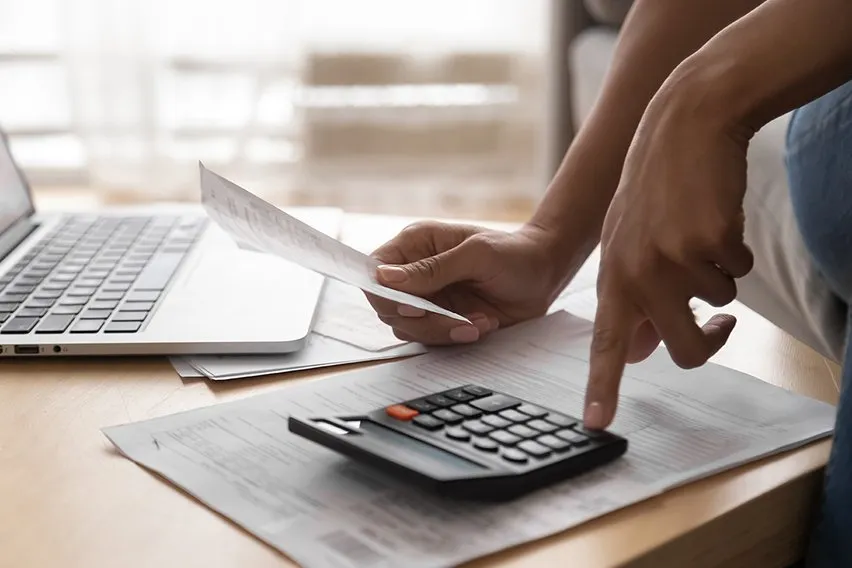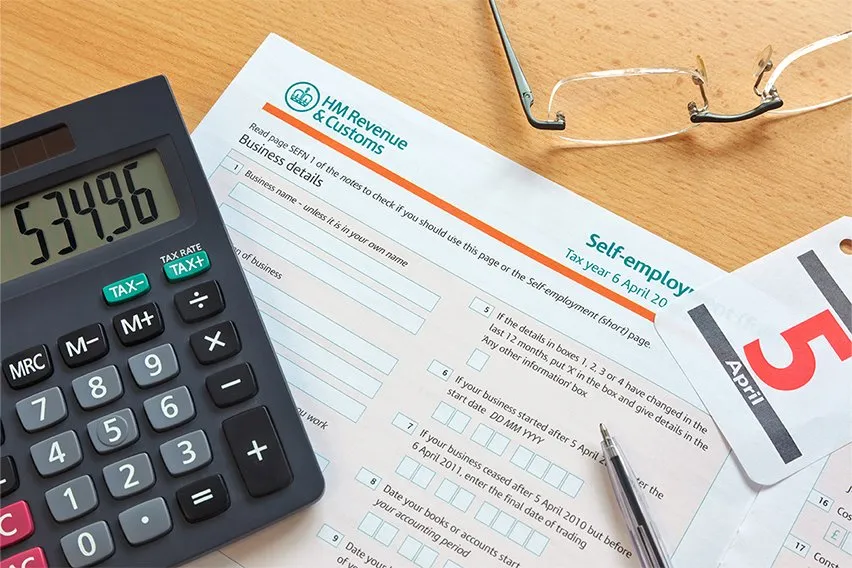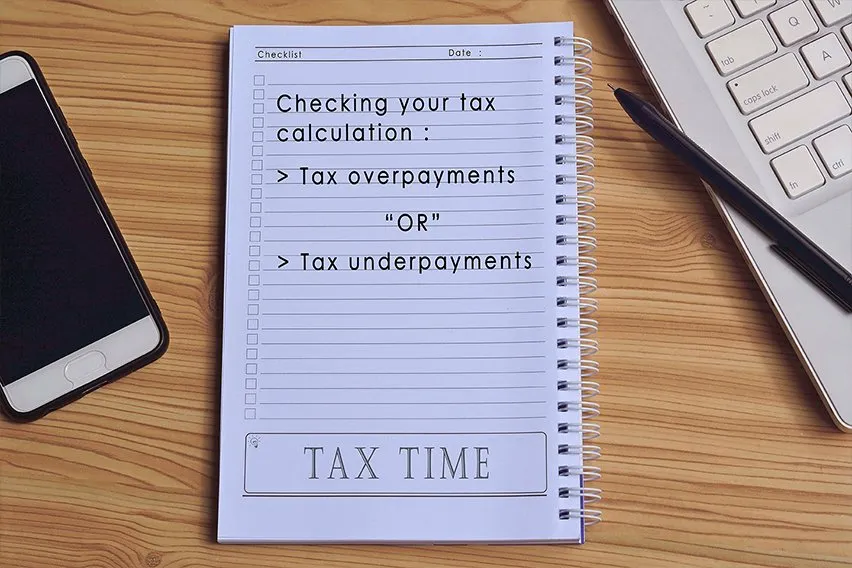Can I File My Taxes After The Deadline?

You can file your self-assessment tax return after the deadline. And you should do this as quickly as possible to keep the penalties to a minimum.
Here’s What We’ll Cover:
What Happens If I Miss the Filing Deadline?
What About Missing the Payment Deadline?
What Happens If I Miss the Filing Deadline?
You automatically get a £100 fine for missing your self-assessment tax return deadline. Paper self-assessment tax returns have a deadline of midnight on 31st October following the end of the tax year. Online self-assessment tax returns must be filed with HMRC by midnight on 31st January following the end of the tax year.
And if you’re one day over that deadline, you’ll be fined £100 straightaway – even if you’ve no tax to pay.
The longer you wait to file your online tax return, the more penalties you accumulate. If you leave it up to 3 months from the original filing deadline, you’ll be fined £10 per day up to a £1,000 maximum. Being 6 months late means paying everything already mentioned and either 5% of your tax bill or £300, whichever is the higher number. Up to a year late and you can add on another £300 or 5% of your tax bill.
HMRC actually has the power to fine people 100% of their tax bill, if the seriousness of the situation warrants it.
If you’re in a business partnership, rather than a sole trader, then you need to know that all partners can be charged a penalty by HMRC if you fail to file your tax return on time.
If you missed the paper filing deadline in October, you’ve got the opportunity to be on time by filing online in January instead.

What About Missing the Payment Deadline?
Unfortunately, there’s a separate list of penalties if you also miss the payment deadline. You must pay all your outstanding self-assessment tax bill by 31st January following the end of the tax year.
For every day after this deadline is missed, HMRC charges you interest. This is currently 2.6%, but it does vary. There are also penalty charges depending on how long it takes you to pay the tax you owe.
- 30 days: 5% of your outstanding bill
- 6 months: add another 5%
- 12 months: an extra 5%
These are also cumulative and are in addition to fines for late filing. No one wants to waste their hard-earned money on unnecessary fines for simply missing a deadline.
Speed Is of the Essence
Now you’ve missed the filing deadline, don’t waste any more time. Just get it done. Even if you think you haven’t got all the information you need, you can go back in and amend things after you’ve filed it. HMRC stops the accumulation of financial penalties as soon as they receive your tax return.
If you’ve filed your tax return online before, then you’re all ready to go. You’ve got your tax account all set up through your Government Gateway account. All you have to do is log in and enter all the details FreshBooks has organised for you. Your invoices, expenses, profits, losses – it’s all there. You might need other details too, like income from savings or investments and pension contributions. Don’t worry about one missing detail. Fill in everything else, file it and then go back in and add any missing information as soon as possible.
If you’ve never filed a tax return online before, you’ll need to register first. This takes extra time because HMRC needs to send your Unique Taxpayer Reference (UTR) number and account activation code by post, for security reasons.
Talk to HMRC
HMRC are there to administer our tax system and collect taxes due. They have to enforce regulations and financial penalties are there to motivate people into meeting necessary deadlines.
But that doesn’t mean that they won’t help you. The sooner you talk to HMRC and get their expert help, the quicker you can sort out your tax return or payment situation.
Essentially, HMRC wants to make it as simple as possible for people to sort out their own tax. This is one of the main reasons behind their Making Tax Digital overhaul. They want to help you file your tax return and pay your tax as easily as possible. The government understands that they’re dealing with people and sometimes life definitely doesn’t go the way you expect it to. Provisions for this are built into the tax system.

Reasonable Excuses
HMRC has a list of ‘reasonable excuses’ for late filing and payment. If you appeal against a penalty with one of these reasons, then they can cancel the penalty. These include, but aren’t limited to:
- A close relative or your partner died just before the deadline
- You were seriously ill or had and emergency stay in hospital
- Flood, fire or theft
- Computer or software failure while doing your tax return online
COVID-19
Among their range of COVID-19 support systems, HMRC has put in place some extra help for self-employed people filing their tax returns and paying their tax bills. For example:
- Usually you must appeal within 30 days of getting a penalty notice. If your business has been affected by the coronavirus, you have an extra 3 months to appeal against any penalty issued from February 2020. Don’t wait, get your appeal in as quickly as you can and clearly state that the delay is because of COVID-19.
- HMRC suspended all automatic fines for the submission of 2019-20 tax returns, as long as they were filed by the new deadline of February 28th.
Time to Pay is a way to pay your tax bill in installments, instead of a lump sum. You can call HMRC’s self-assessment Payment Helpline Telephone 0300 200 3822 to set it up or for further advice. You can also set up this payment plan online, as long as you meet the eligibility criteria.
RELATED ARTICLES

 Are Charitable Donations Tax Deductible For Sole Traders?
Are Charitable Donations Tax Deductible For Sole Traders? What Tax Relief Can I Claim as a Sole Trader?
What Tax Relief Can I Claim as a Sole Trader? Do Sole Traders Pay Corporation Tax?
Do Sole Traders Pay Corporation Tax? Online VAT Calculator: 5 Best VAT Calculators for the UK (Free)
Online VAT Calculator: 5 Best VAT Calculators for the UK (Free) When Is a Self Assessment Tax Return Required?
When Is a Self Assessment Tax Return Required? Does HMRC Check All Self-Assessments?
Does HMRC Check All Self-Assessments?